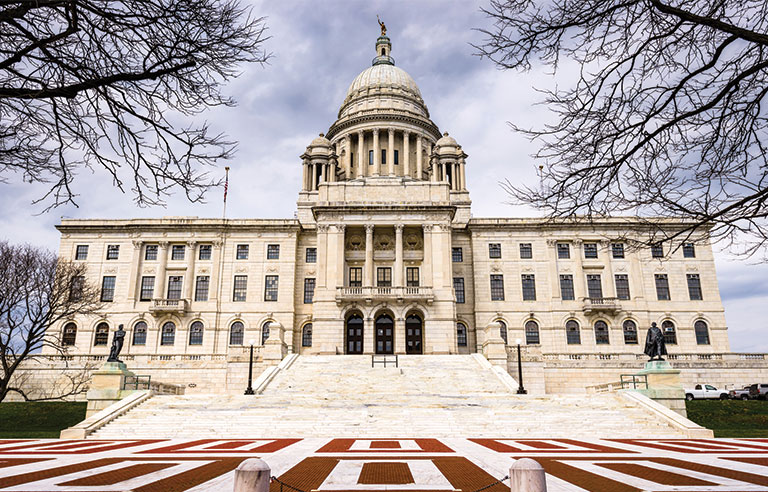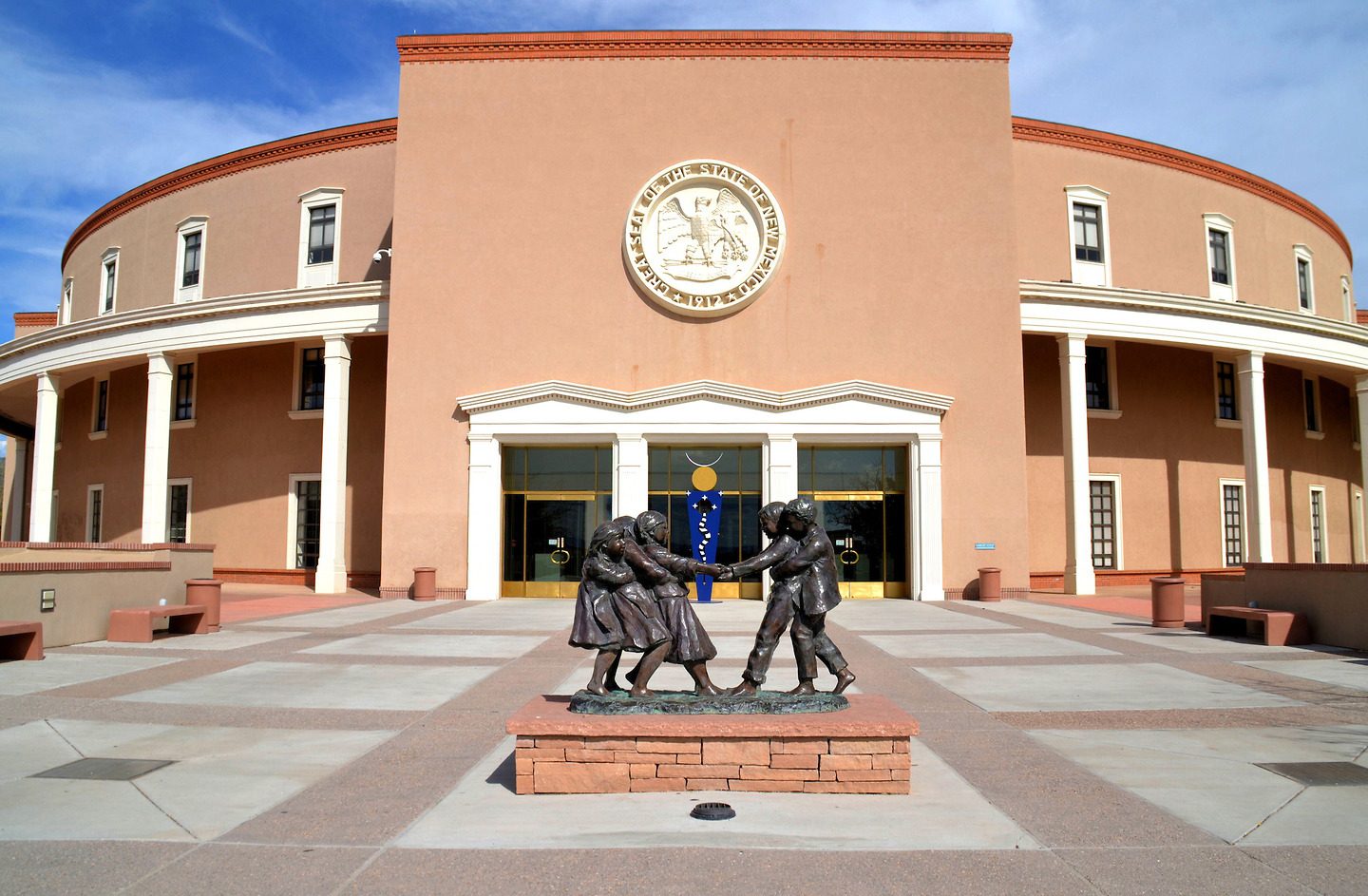General Assembly to take up ARPA spending bills in January

Identical bills that amend Gov. Dan McKee’s fiscal year 2022 budget proposal will be heard in the House and Senate chambers in January.
The bills, House Bill 6494A and Senate Bill 1006A, passed through finance committees late Thursday. Each bill determines how the state will spend a portion of $1.13 billion in State Fiscal Recovery Funds through the American Rescue Plan Act.
“We have a responsibility to spend this money in ways that help everyday Rhode Islanders move forward and ensure that our state and its institutions are able to weather the storm brought on by the pandemic. Our goal has been to make sure the money is spent where it is most needed, particularly in hard-hit sectors like public health, housing and childcare, where resources were already thin before COVID hit,” said House Finance Committee Chairman Marvin L. Abney (D- Newport, Middletown) in a news release.
Both bills would call for expenditures of $74.5 million to the Executive Office of Commerce, $13 million to the Executive Office of Health and Human Services, $12.5 million to the Department of Children, Youth, and Families, and $19 million to the Department of Human Services.
Under the bills, spending in the Office of Commerce would see $32 million allocated to establish a program that would provide financial and technical assistance to small businesses and industries impacted by COVID-19. Of those funds, $12.5 million would be dispersed in the form of direct payments to small business who lost revenue during the pandemic, $10.5 million would be allocated to technical assistance for long-term business capacity building, and $7.5 million would go to support capital improvements for public health entities.
An additional $1.5 million would go to support administration of the programs. To be eligible for funding businesses must have less than $1 million in annual gross revenue and demonstrate a negative impact from the pandemic.
An additional $15 million would be allocated to the state’s Housing and Mortgage Finance Corporation for the development of affordable housing units, and $13 million would support the tourism, hospitality, and event industries. Of that funding, $8 million would be provided as direct payments to businesses who lost revenue during the pandemic, and $3 million would be spent to support outdoor and public space capital improvement projects. Plus, $2 million would be allocated to support tourism marketing regions and with the Airport Corporation.
The bills would allocate $12 million to the Rhode Island Housing and Mortgage Finance Corporation to be used to acquire properties for redevelopment as affordable housing units. Of that allocation, $1.5 million would be granted to the Office of Housing and Community Development, in conjunction with the Rhode Island Housing and Mortgage Finance Corp., for grants to providers to expand housing navigation and stabilization, and $250,000 would be earmarked for training.
The bills would also allocate $500,000 for broadband services, and an additional $500,000 would be allocated to expand the programming and administrative capacity of affordable housing in the state. A state broadband director position in the Commerce Corp. would be allocated $100,000, and $200,000 would be utilized for a statewide mapping plan.
An expenditure of $13 million for the Office of Health and Human Services would see $7.5 million invested in relief for pediatric providers due to a decline in visitation and enrollment during the pandemic, and $5.5 million would be allocated for early intervention services. Of that allocation, $2.6 million would be used to stabilize grant funding for operational costs and staffing, and $2.9 million would go toward bonuses if certain metrics set by the department are met.
The $12.5 million in funding for the Department of Children, Youth, Families, under the bills, would be spent on workforce stabilization with $700 monthly supplemental wage payments going to direct care workers and support staff at contracted providers to those making less than $75,000 per year. Hiring bonuses in the amount of $750 would be paid for hires who work more than 90 days.
Said Senate Finance Committee Chairman Ryan W. Pearson, D-Cumberland, Lincoln, said in the release, “Shoring up child care in particular was a very important priority for us in the Senate. The availability of high-quality, affordable child care is important for the safety and development of our children, and it critical for our workforce and business strength as well. The dollars we invest in childcare have multiplier effect, improving the lives of families and the success of businesses and the state’s economy as a whole.”
Under the bill, the director of the Department of Children, Youth, and Families would send a report every 60 days to the House Speaker, Senate President beginning Jan. 15, 2022, detailing how much money was spent, staff level progress reports, number of new hires, attrition and changes in placement.
The bills call for a $19 million allocation for the Department of Human Services, with $18.7 million earmarked to pay $1,500 semiannual retention bonuses for direct care staff at childcare centers and licensed family providers in response to pandemic-related staffing shortages. An additional $300,000 would be reserved for family childcare incentives for start-ups and technical assistance grants
This article was originally posted on General Assembly to take up ARPA spending bills in January



